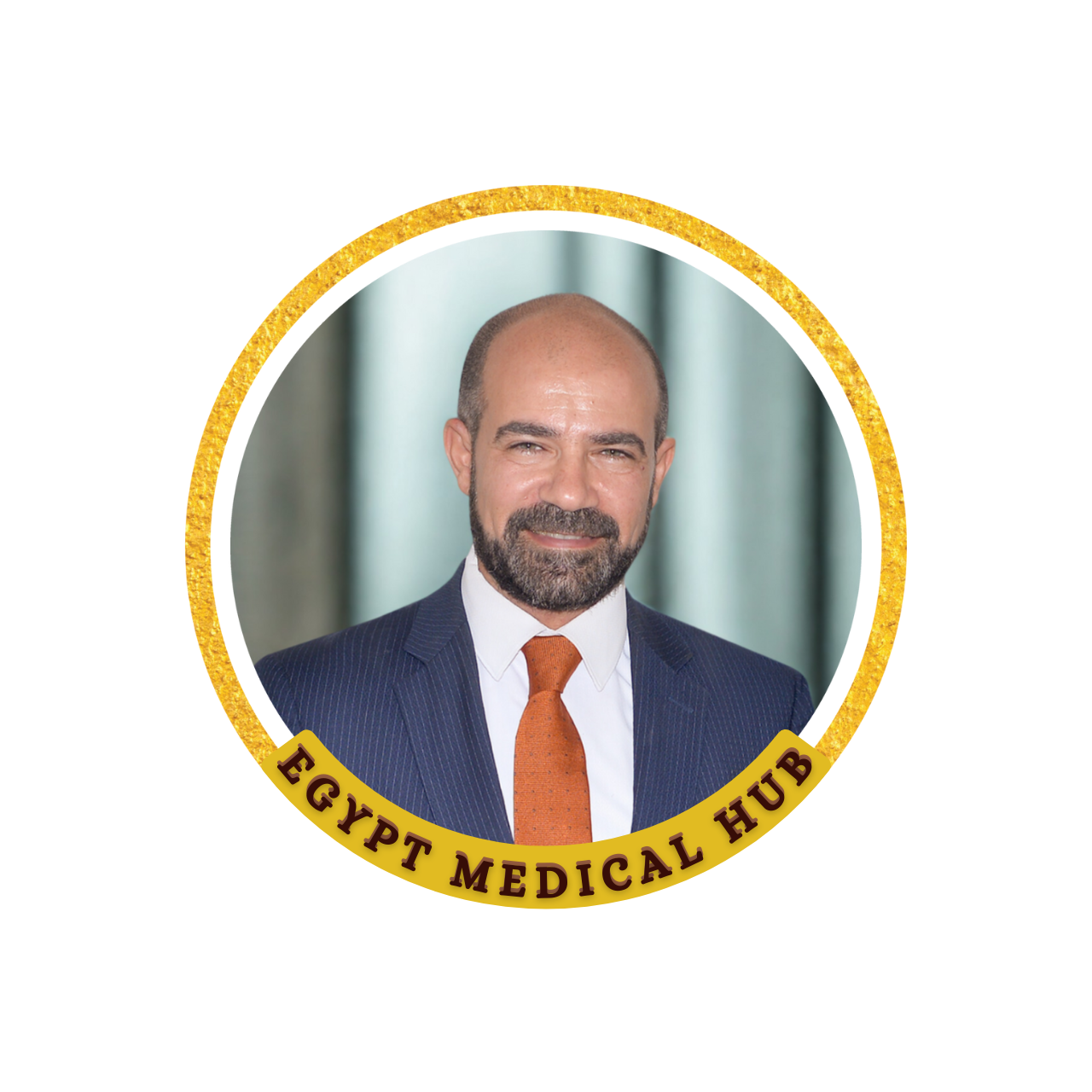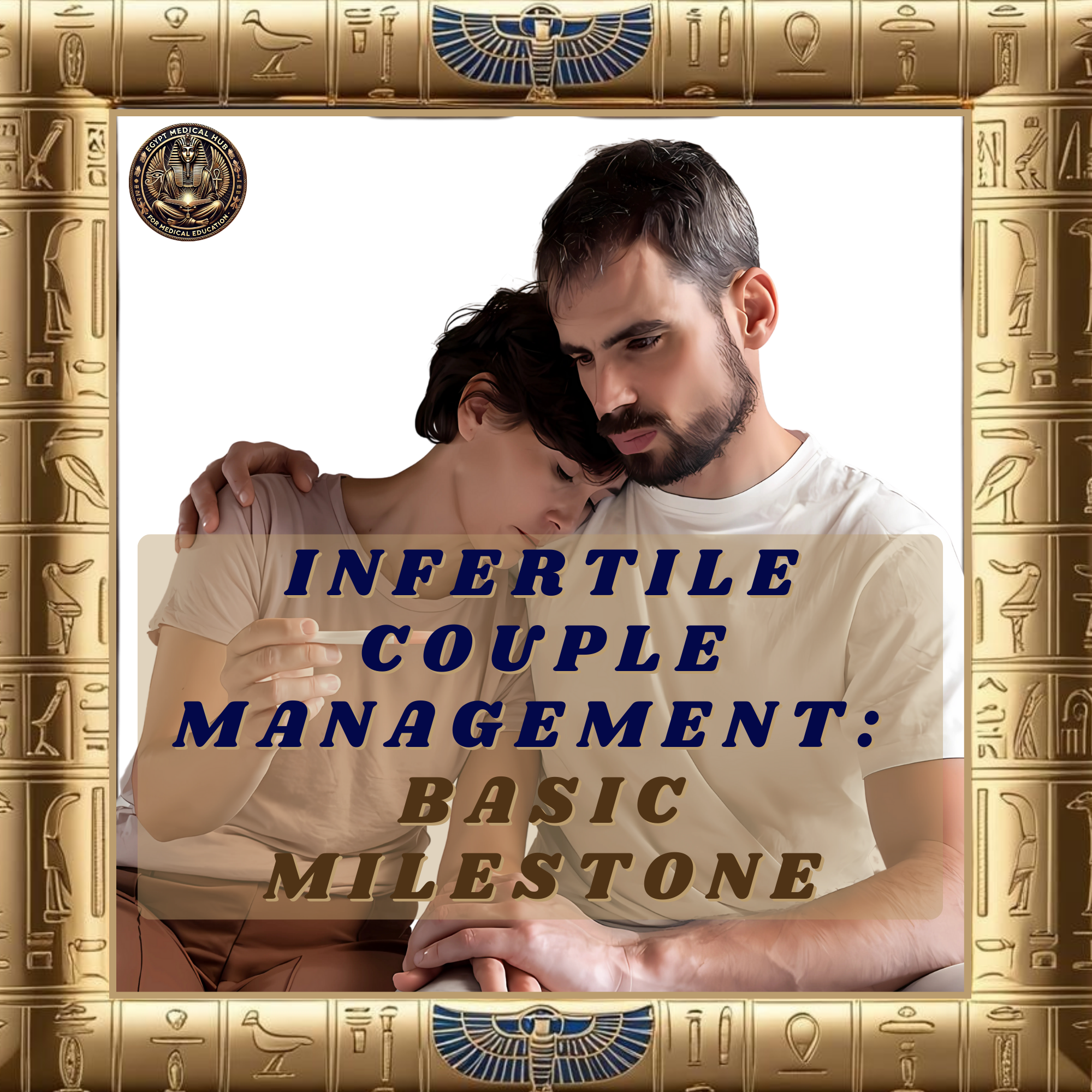Infertile Couple Management : Fundamental Milestones
Course Details
Course Includes:
Module 1: Introduction to Infertility
- Definitions, epidemiology, and societal impact.
- Basic reproductive physiology (male and female).
- Common causes of infertility (ovulatory disorders, tubal factors, male factors, unexplained).
Module 2: Initial Assessment of the Infertile Couple
- History-taking: Key questions for both partners.
- Physical examination and baseline investigations.
- Role of lifestyle factors (BMI, smoking, stress).
Module 3: Diagnostic Tools
- Semen analysis (WHO criteria).
- Ovulation assessment (hormonal assays, ultrasound).
- Imaging techniques (HSG, pelvic ultrasound).
- Role of Endoscopy
Module 4: Treatment Options
- Medical Management: Ovulation induction for non-IVF patients (Oral and Injections regimens)
- Surgical Interventions: Laparoscopy & hysteroscopy
- Assisted Reproductive Technologies (ART): Folliculometry & IUI
- Alternative Therapies: Acupuncture, dietary modifications.
Module 5: Psychosocial and Ethical Considerations
- Counseling techniques for emotional distress.
- Ethical dilemmas (e.g., third-party reproduction, embryo disposition).
- Cultural and religious influences on treatment decisions.
By the end of the course, participants will be able to:
1. Conduct a systematic infertility evaluation for both partners.
2. Interpret diagnostic tests and identify underlying causes.
3. Design evidence-based treatment plans tailored to patient needs.
4. Provide empathetic counseling to address psychological stressors.
5. Navigate ethical and legal challenges in fertility care.
Course Information
Languages
EnglishCertificate
YesCourse Content
About the Instructors

Courses :
